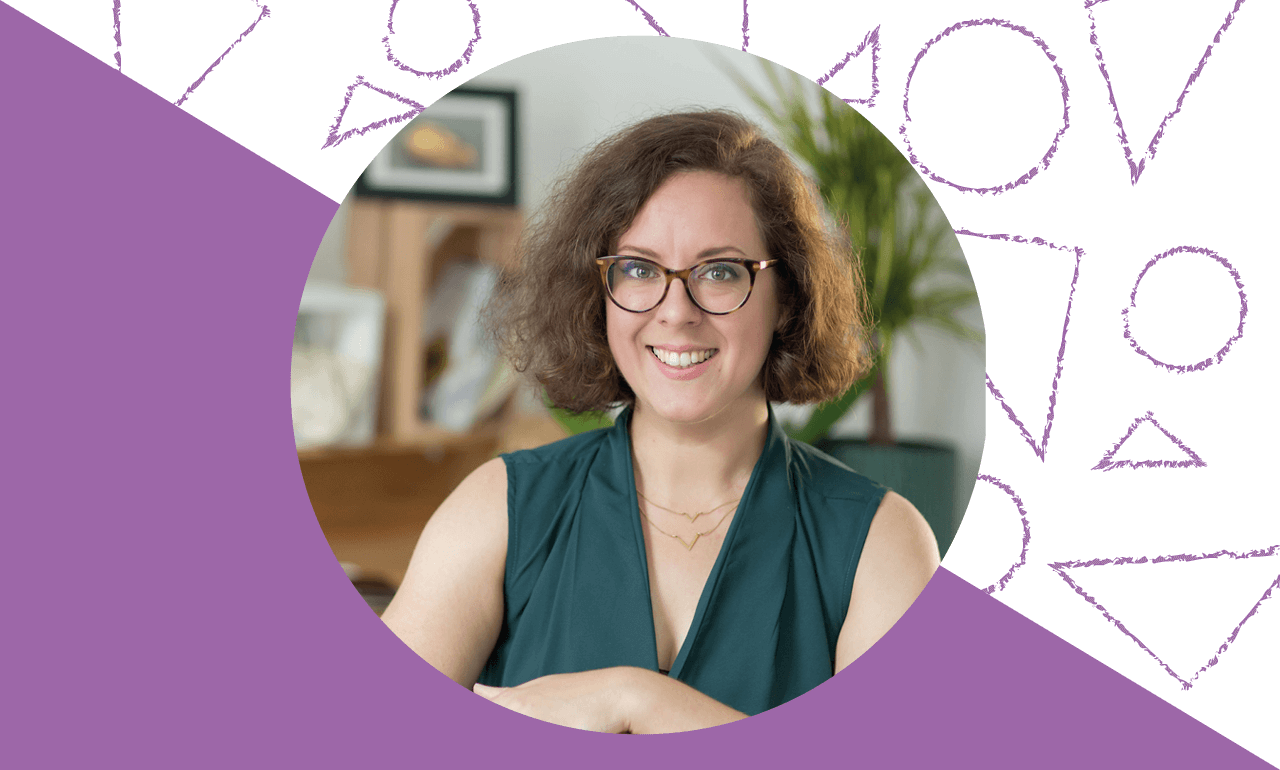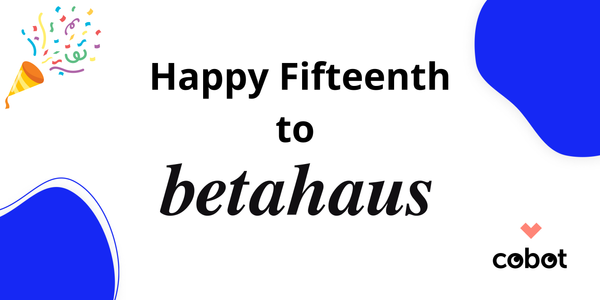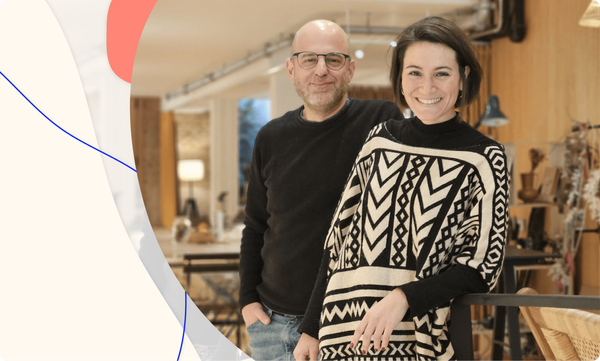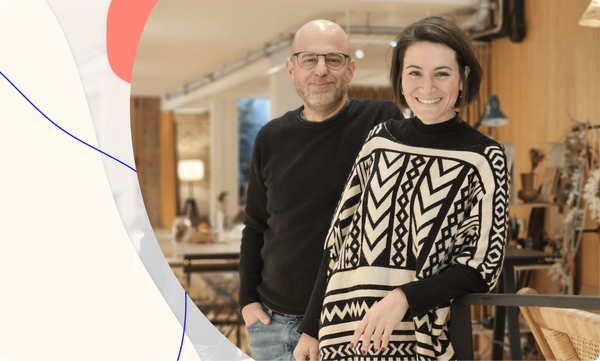Ivanne is a feminist entrepreneur with a passion for new ways of working and learning. From September 2019 to February 2020, just before the COVID-19 pandemic, she led the first European tour of women-focused coworking spaces. Her own project is set to open in 2021 in Poissy, in the suburbs of Paris, and is called Ada Coworking in tribute to Ada Lovelace, the first computer programmer in history.
Hi Ivanne, thanks for making time to share with us! Can you tell us about the book and what is at stake in your research?
Sisters in Arms: Women in search of inclusive coworking spaces results from the first investigation led on a European scale about coworking spaces founded by and for women. It is a hybrid work, half market research, half ethnographic research. Before launching my own project in the suburbs of Paris with my co-founder, I needed to understand the keys to success and the pitfalls to avoid in this niche market. I also wanted to immerse myself in the field in order to meet the founders and owners of women-focused coworking space, listen to their story and, through this publication, make their voice heard.
As this phenomenon emerged in 2017 in the wake of the #MeToo movement, I think that these women are pioneers of diversity and inclusion in the future of work. They each in their own way provide answers to a real—universal—need for women entrepreneurs because the phenomenon transcends borders and cultural differences. So by highlighting their participation in a wider movement, I hope to provide them with additional arguments to go and meet their key interlocutors locally (politicians, funders, potential partners), to defend their action, and promote their vision. The future of work needs more sisterhood.

How did you determine the research methods, and what existing data was relevant?
I started with desk research to identify and map women-focused coworking spaces of all kinds and gather available data, mostly from websites and social media: opening date, founding team, positioning, tariffs. I found coworking concepts that were women-only or on the contrary open to all, work collectives for freelancers, or more sophisticated spaces with services, and even coworking with babycare or childcare. I also dug up some associated concepts (a startup incubator, a few non-profit organizations…). Then before departure I built a framework to run a “look and feel” analysis to assess the user experience once taking my place at a workstation. Finally I posed a set of questions to founders, owners, community managers, and members, whether on site or remotely, in formal interviews, or casual conversations around the coffee machine. It was only after I had finished all my field immersions that I began a work of analysis and typology to classify and compare all these spaces with multiple approaches.
Did you hold assumptions about creating your own space that you've revisited after your journey?
Yes! In a context marked by the influence of Anglo-Saxon clubs such as The Wing, which have opened luxurious coworking spaces financed by investors, my first reaction was to think big from the start and imagine a space of several hundred square meters, like the largest female coworking spaces in my study sample. Beware however, between 300 and 600 square meters of space remains relatively modest compared to the rest of the market! But the success of a female coworking space is based on the patient and progressive construction of a community of women entrepreneurs, independent or even salaried, in a given area. Fixed costs that are too high at the launch can quickly prove to be penalizing if the clientele is not there quickly enough. But it takes time to make yourself known and to educate your market!
It is more relevant for me to emulate the model of female coworking spaces that started by creating ephemeral locations to test their market, or that operated from a small location (less than 100 square meters) even if it means moving later, or opening several addresses in different cities. Not to mention possible online activities. I am thinking of WeSpace in Zürich (ephemeral pop-up before opening in the city-center), The Tribe in Totnes (40 square meters and an online program planned from 2021), or #Workmode which is present in 4 cities in the Netherlands (Amsterdam, Rotterdam, Groningen, Utrecht). It's a way of prototyping with early adopters. In the meantime I discovered the concept of Carlos Moreno’s 15 Minute City which echoes the many testimonials I have collected. Women living within a 15 minute radius are the most likely to take out a full-time subscription. Beyond that, if their trip takes 20 to 30 minutes or more, they will in the vast majority of cases prefer a part-time pass and cowork once or twice a week maximum. I have therefore reviewed my approach with a fresh eye on the ultra-local market in order to develop my Ada Coworking project on the outskirts of the Paris metropolitan area, in Poissy, even if it starts relatively small, as a prototype, and then consider other locations to follow.
Could you describe the nature and effectiveness of some of the partnerships you encountered?
Partnerships are interesting because they lift the constraint of fixed costs initially, the time it takes to develop a community of women. In Dublin, where the cost of real estate did not necessarily make it possible to open a fixed location, Women Co began by organizing itinerant coworking sessions. Each one-day meetup was held at a mixed coworking partner’s premises. This is a militant act, when we know that on average women only represent 40% of the members of coworking spaces (Deskmag, 2019). Often, in the most tech-focused coworking settings, they are invisible. So imagine the effect of a group of 10, 15, or 20 women arriving one fine morning to work all day long! I really like the approach of their co-founder Magdalena Kuraczowska, who defines herself as a “Coworking Community Architect:” it is not a question of pitting women against men, but of using the local ecosystem to create an environment of work, mutual aid, learning... that is conducive to the creation of fruitful links between women. These are spaces and occasions of empowerment that have been sustained during periods of confinement through virtual coworking days by video-conference. Because what counts are these moments of shared sorority!
Another example of partnership inspired me in Warsaw. Brain Embassy is one of the leading coworking operators in the market with three breathtaking sites and, above all, a highly developed community. It has partnered with the Foundation for Women’s Entrepreneurship (Siec Przedsiębiorczych Kobiet). The foundation has its office in the coworking space and in return takes care of organizing events for women. During training workshops, for example, a certain number of places are reserved for Brain Embassy members. In this way, each partner relies on the know-how of the other to feminize the entrepreneurial ecosystem. This is the most successful example I have found: it demonstrates the interest mixed coworking spaces have to think about what they offer, and how to become more “women-friendly!”

How did spaces that manage economically and racially diverse and inclusive communities achieve that, and what can we learn from them?
Today the coworking sector as a whole still lacks diversity; be it cultural, social, ethnic. Gender identity, disability, and age are also issues, per the larger image of the world of work. Because they are fighting for a more inclusive future of work, women coworking founders and owners must be exemplary themselves. Early on during my tour of Europe, one observation struck me: in 30% of cases, the founder, or at least one of the co-founders, is a foreign national! And this is reflected in the composition of their communities, which prove to be the most cosmopolitan. Of course this is partly a reflection of the social make-up of the globalized metropoles where these coworking spaces are located. But the founders naturally attract women who look like them, or who can identify with them.
The counterpart of this phenomenon, described by Londoner Tash Thomas as “founder bias,” is the lack of diversity: I haven't come across many women of color in female coworking spaces. Tash is the Director of Diversity, Equality and Inclusion at the European Coworking Assembly and is currently working on a practical manual designed to aid coworking managers who are addressing this challenge with an adapted method and tools. Tash asked me to share my 10 key tips for mixed coworking spaces to better welcome women (which are in my book) and I look forward to reading her manual to make Ada Coworking as inclusive as possible. At this stage I would say that one must be aware of one’s own biases, listen to the members, and take the time to go and meet the communities present in the area, to understand their needs and demystify what is behind this double mystery: coworking as such, and coworking between women.
Another initiative, conceived by Canadian Ashley Proctor, also goes in this direction: the International Coworking Inclusion, Diversity, Equity & Accessibility project (Coworking IDEA project). Beyond the impact of the founder bias, it is community animation that I retain as the key to inclusion. Addressing these issues also involves mobilizing members. The next online meeting, scheduled for December 9, will be public in order to engage all those who wish to get involved and share their feedback. See you there?
You can find more information about Sisters in Arms: Women in search of inclusive coworking spaces here.
If you aren’t already using Cobot as your coworking management software, give it a go! You’ll find that our features can help you run your coworking space more effectively and grow your community. Just sign up for a free trial or a live demo session. And if you have questions, our support team is all ears!
Happy Coworking!



